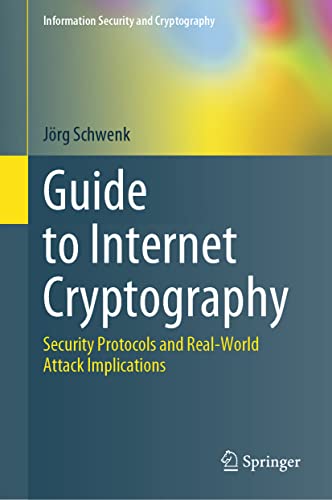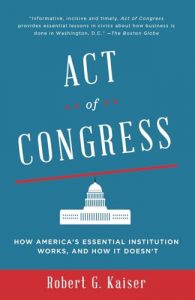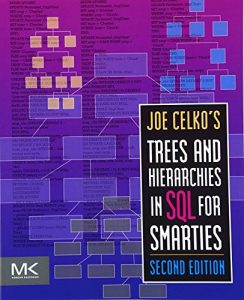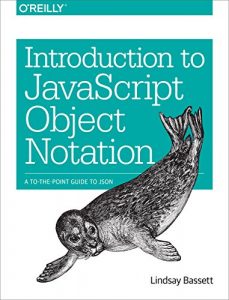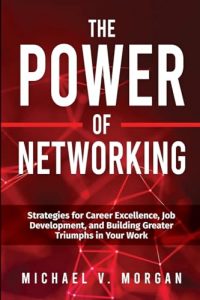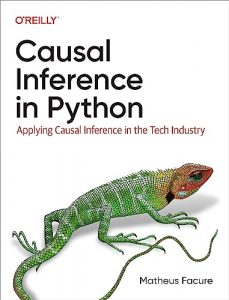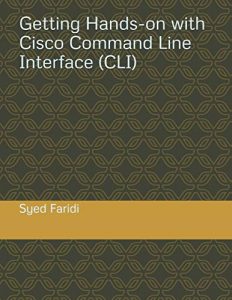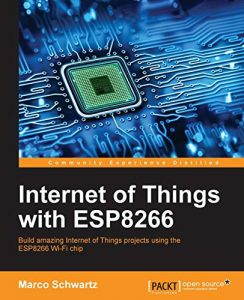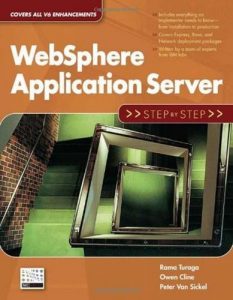1. Guide to Internet Cryptography: Security Protocols and Real-World Attack Implications
Author: Jörg Schwenk
In today’s digital age, the significance of understanding internet cryptography cannot be overstated. This comprehensive guide by Jörg Schwenk dives into the intricate world of security protocols, revealing the vulnerabilities that can be exploited by cyber attackers. It combines theoretical principles with real-world implications, making it an essential read for security professionals and enthusiasts alike. You will appreciate the clarity with which complex topics are discussed, making it accessible even if you are new to the cybersecurity domain. Equip yourself with the knowledge to defend against potential threats and ensure your digital assets are secured.

2. Mastering Defensive Security: Effective Techniques to Secure Your Windows, Linux, IoT, and Cloud Infrastructure
Author: Cesar Bravo
Cesar Bravo’s “Mastering Defensive Security” presents a well-rounded approach to securing various infrastructures, including Windows, Linux, IoT, and cloud environments. This book provides not just theoretical underpinnings but actionable techniques that enable readers to build robust defenses against a wide array of cyber threats. Whether you are a beginner or an experienced practitioner, Bravo’s insights will help refine your security strategies. Why read this book? Because mastering defensive measures is vital in a landscape where threats are constantly evolving. Get ready to fortify your defenses!

3. Network Protocols for Security Professionals: Probe and Identify Network-Based Vulnerabilities
Authors: Yoram Orzach & Deepanshu Khanna
This invaluable resource is tailored for security professionals aiming to strengthen their understanding of network protocols. Orzach and Khanna delve deep into identifying vulnerabilities that may compromise security. The book’s systematic approach to safeguarding network infrastructures is commendable as it combines theoretical concepts with practical insights, making it easier for professionals to apply what they learn. If you’re serious about network security, this book will serve as your trusted guide to help you navigate through complexities of internet safety.

4. Attacking Network Protocols: A Hacker’s Guide to Capture, Analysis, and Exploitation
Author: James Forshaw
James Forshaw’s insightful work provides a twist on conventional security literature by presenting the hacker’s perspective. By understanding how attackers operate, security professionals can gain an edge in fortifying their defenses. Forshaw meticulously dissects network protocols, equipping readers with techniques for capturing and analyzing data traffic. Whether you are working in security or simply have a curiosity about hacking, this book offers an intellectually stimulating examination of the vulnerabilities that exist. It’s a must-read for anyone interested in the dynamic between hackers and defenders.

5. Computer Networking Bible: The Complete Crash Course to Effectively Design, Implement and Manage Networks
Author: Rick C. Worley
This extensive volume is a treasure trove for both budding and experienced networking professionals. Rick C. Worley comprehensively covers essential elements like design, implementation, and management of networks, with particular focus on security, performance, and scalability. What makes this book stand out is its all-in-one approach, which combines multiple subjects necessary for managing networks. A must-have for techies who aspire to build efficient and secure networks, Worley’s work will improve your technical acumen significantly.

6. Mastering Linux Security and Hardening
Author: Donald A. Tevault
Donald A. Tevault’s “Mastering Linux Security and Hardening” is a crucial guide for anyone looking to secure Linux systems. Given Linux’s prominence in server configurations and ethical hacking environments, understanding its security features is paramount. Tevault meticulously explains the tools and techniques required to harden Linux systems against attacks. This book serves both new learners and experienced system administrators as a practical resource to develop strong security practices. If you rely on Linux systems, this book is an invaluable asset.

7. Protocols for Authentication and Key Establishment
Authors: Colin Boyd & Anish Mathuria & Douglas Stebila
This book provides a thorough exploration of essential security protocols surrounding authentication and key establishment. Written by leading experts in the field, it emphasizes the importance of secure protocol design and implementation in guarding sensitive information. The detailed analysis combined with examples aids readers in grasping complex concepts. If you’re involved in cybersecurity, this book will deepen your understanding of critical security elements necessary to protect data integrity and confidentiality.

8. Security Engineering: A Guide to Building Dependable Distributed Systems
Author: Ross Anderson
Ross Anderson’s “Security Engineering” is often hailed as a must-read for anyone looking to understand the design of secure systems. It provides deep insights into the principles of security engineering, focusing on risk management, system architecture, and more. Anderson’s engaging writing style makes complex theories accessible, making the book suitable for a broad audience. With real-world examples and comprehensive coverage of the subject, readers will find this resource profoundly enlightening, whether for academic pursuits or practical applications.

9. Ultimate Web Authentication Handbook: Strengthen Web Security by Leveraging Cryptography
Author: Sambit Kumar Dash
In the era of online threats, Sambit Kumar Dash’s “Ultimate Web Authentication Handbook” emerges as a critical resource for web developers and security professionals. The book explores robust authentication frameworks like OAuth, SAML, and FIDO, providing step-by-step processes to secure web applications. It’s a practical guide that enriches readers’ understanding of how to protect web services against common vulnerabilities. If you aim to build secure authentication mechanisms for your applications, don’t miss this insightful handbook.


